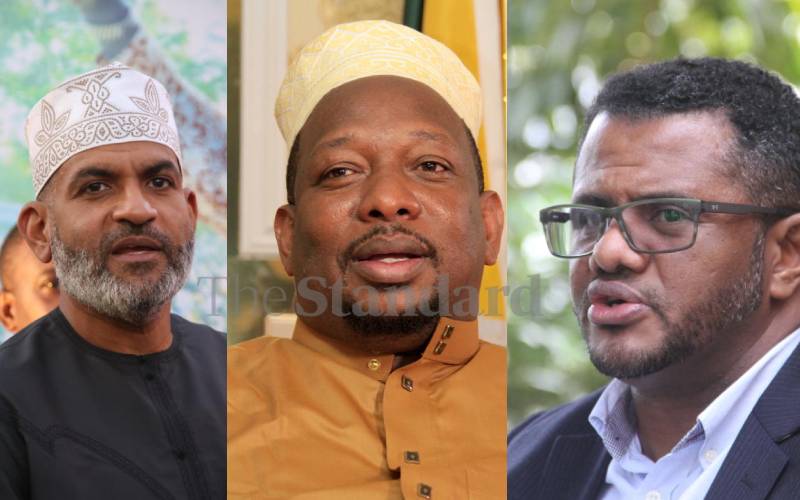×
The Standard e-Paper
Stay Informed, Even Offline

A sitting governor and an impeached county boss must be on the mind of Mvita MP Abdulswamad Shariff Nassir as he braces for the battle to lead the coastal city of Mombasa.
Nassir had received the blessings of incumbent Hassan Joho to succeed him before Wiper’s Mike Sonko, who was kicked out of the capital Nairobi, muddied the waters by throwing his hat in the ring.